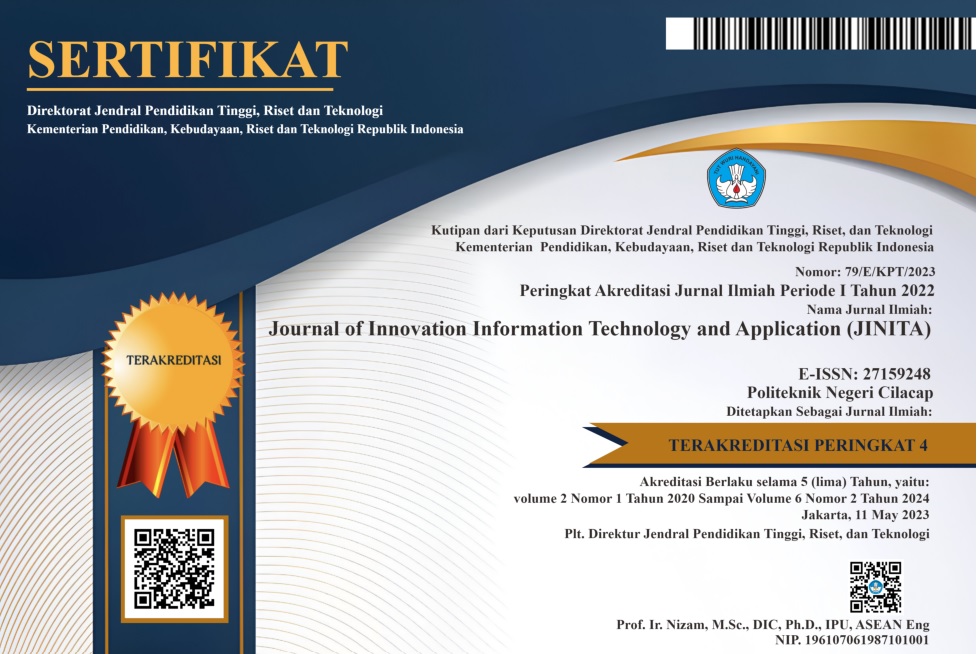Klasifikasi Kinerja Pengajaran Dosen Menggunakan Metode ANFIS Sebagai Upaya Peningkatan Sistem Penjaminan Mutu Internal (SPMI)
 Abstract views: 419
,
Abstract views: 419
,
 PDF (Bahasa Indonesia) downloads: 192
PDF (Bahasa Indonesia) downloads: 192
Abstract
A college is a place for education providers that aim to produce quality human resources and be able to face increasingly fierce work competition. Lecturers become one of the important elements in producing competent human resources. The task of the lecturer is to carry out the Tri Dharma of Higher Education which includes teaching, research and community service. The purpose of this study was to obtain a teaching performance classification of lecturers using the Adaptive Neuro-Fuzzy Inference System (ANFIS) method as an effort to improve the internal quality assurance system. Where in this learning process planning, implementation, evaluation, control and improvement have been carried out as a form of implementation of the Internal Quality Assurance System (SPMI). The data used in this study are data from the questionnaire sheets of lecturers' reaction sheets from students to the teaching of lecturers who support courses. The data used is data for 1 academic year, namely data for the 2017 2018 academic year. The results of this study are that ANFIS is suitable for classifying lecturers' performance.
Copyright (c) 2019 Journal of Innovation Information Technology and Application (JINITA)

This work is licensed under a Creative Commons Attribution 4.0 International License.
Authors who publish with this journal agree to the following terms:
- Authors retain copyright and grant the journal right of first publication with the work simultaneously licensed under a Creative Commons Attribution License that allows others to share the work with an acknowledgement of the work's authorship and initial publication in this journal.
- Authors are able to enter into separate, additional contractual arrangements for the non-exclusive distribution of the journal's published version of the work (e.g., post it to an institutional repository or publish it in a book), with an acknowledgement of its initial publication in this journal.
- Authors are permitted and encouraged to post their work online (e.g., in institutional repositories or on their website) prior to and during the submission process, as it can lead to productive exchanges, as well as earlier and greater citation of published work (See The Effect of Open Access).
















